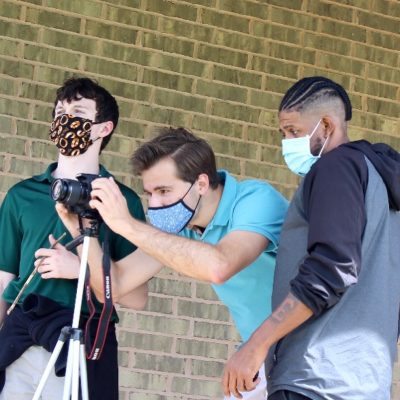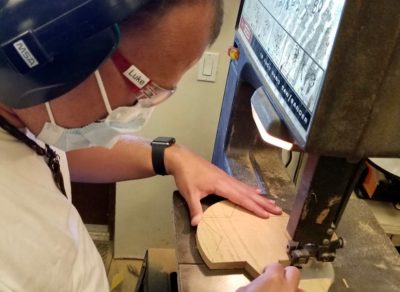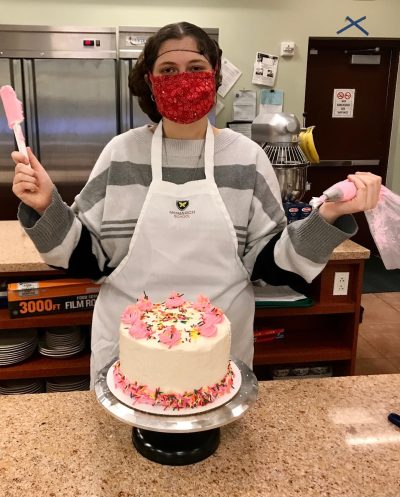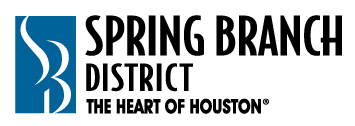 As one of the many distinguished private schools that draw families to the Spring Branch area, The Monarch School and Institute provides an innovative and therapeutic education for K-12 students who have neurological differences such as Autism Spectrum Disorder, Attention Deficit Hyperactivity Disorder and learning disabilities.
As one of the many distinguished private schools that draw families to the Spring Branch area, The Monarch School and Institute provides an innovative and therapeutic education for K-12 students who have neurological differences such as Autism Spectrum Disorder, Attention Deficit Hyperactivity Disorder and learning disabilities.
However, its Residential and Transition Program (RTP), which serves young adults 18 and older, may be unique in the city and state if not beyond.
Angela Hernandez, director of Adult Community at The Monarch School explains, “K-12 education prepares individuals for math, reading and to graduate. We are preparing our students to be successful in work, to be successful in relationships, (while the RTP is) preparing them for adulthood and life.”
Life skills, employment and independent living are important elements of the program, which helps students defy negative stereotypes that might be thrust on them.
Mark, a Transition student, explains, “I went to college before this, I was quite different. Here there is everything from culinary school, all the way to life skills like wood shop and computer programming. It’s really nice to have a full encompassing education.”
 What does that encompassing education look like? Students have seven classes a day, including employability skills such as resume writing and lining up each student’s special interests with a matching job opportunity.
What does that encompassing education look like? Students have seven classes a day, including employability skills such as resume writing and lining up each student’s special interests with a matching job opportunity.
The school has recently added screenwriting, videography, cinematography, computer coding, digital art, and video production to its selection of classes. The system is constantly evolving and can change from year to year based on students’ needs and interests.
The school continues to work with the understanding that the public and companies are now embracing and developing opportunities for individuals with neurological differences.
Patti Pace, head of school and institute, adds, “Monarch is grateful for the companies, organizations, partnerships that we work with to give opportunities to the very deserving population, companies like Mod Pizza, Starbucks, AIG and Aramark. We recently served on a panel with corporate leaders to discuss the future in serving our population and others with neurological differences. We provided input and became part of the conversations.”
The Monarch program’s services include student participation in one of the three sub-program levels: supported home-living, semi-independent apartment living and case management living.
“Monarch is unique in that the focus is not caregiving; the focus is independence. Staff working in the residential program are not caregivers but educators,” Hernandez says.
 Therapeutic coaches work with students on social skills, limited use of electronics and digital screen time, healthy eating and physical health. In addition, staff work in support of students seeking a post-secondary education, advising them on becoming their own advocate and securing education accommodations at the college level.
Therapeutic coaches work with students on social skills, limited use of electronics and digital screen time, healthy eating and physical health. In addition, staff work in support of students seeking a post-secondary education, advising them on becoming their own advocate and securing education accommodations at the college level.
Residential and Transition Program participants come from other Monarch programs or from outside the Monarch system.
Some students work on entrepreneurial projects like making products for pets. The first product, a dog toy, was a tremendous success. The pet product line has expanded to include pet treats and will soon have a dog soap product.
Video production students work on videos used by the school for public events like the school’s March 3, 2022, online launch fund-raiser.
For more information on The Monarch School and Institute, the luncheon or ways to partner with or support the school, go to www.monarchschool.org.
Click here to read Part 1.
Monarch School and Institute
2815 Rosefield Dr., Houston
— By Jessika Leal





